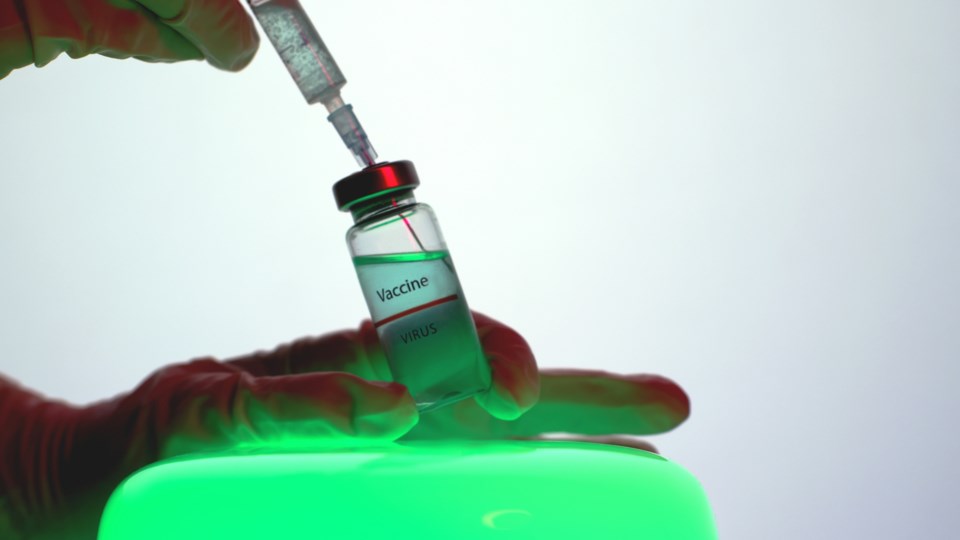Concern over a rare heart condition has led to new guidance from Ontario's top doctors.
Ontario's preferred recommendation for people ages 18 to 24 years old is to receive the Pfizer COVID-19 vaccine. It is effective immediately.
"I know that this news may make some people nervous and heighten concerns about receiving the COVID vaccine and I can understand that, but the benefits of vaccination continue to significantly outweigh the risks of COVID-19 illness and related, possibly severe, consequences. Vaccines are safe, they are effective at protecting us and have significantly reduced the risk of infection, hospitalization and the use of the intensive care units in Ontario alone," said Dr. Kieran Moore, Ontario's chief medical officer of health.
The change is out of an abundance of caution based on the current available analysis from Ontario's adverse events following immunization surveillance system.
There has been an observed increase in the rare heart condition called pericarditis/myocarditis after vaccination for people who receive Moderna compared to Pfizer, particularly in men.
Myocarditis is the inflammation of the heart muscle and pericarditis is inflammation of the lining around the heart.
Between June 1 and Aug. 7, the risk of pericarditis/myocarditis in males aged 18 to 24 after receiving their second dose was one in 5,000, according to the government.
According to Public Health Ontario, during the enhanced surveillance period in Ontario from June 1 to Aug. 7:
- 20.1 cases of myocarditis/pericarditis per million doses were reported in males ages 18 to 24 after their first dose of the Moderna vaccine, compared to 15.5 per million for the Pfizer vaccine.
- 198.6 cases of myocarditis/pericarditis per million doses were reported in males ages 18 to 24 after their second dose of Moderna, compared to 35.5 per million for the Pfizer vaccine.
- 0 cases of myocarditis/pericarditis per million doses were reported in females ages 18 to 24 after their first dose of the Moderna vaccine, compared to 18.7 per million for the Pfizer vaccine.
- 59.6 cases of myocarditis/pericarditis per million doses were reported in females ages 18 to 24 after their second dose of Moderna, compared to 39.9 per million for the Pfizer vaccine.
Symptoms typically started within a week after vaccination, typically after the second dose. The majority of cases have been mild. People have recovered quickly with anti-inflammatory medication such as ibuprofen. There have been no deaths to date.
Typical symptoms include chest pain, shortness of breath, irregular heartbeat and fatigue.
People in the affected age bracket who received Moderna for their first dose can take Pfizer for their second dose. If someone wants to receive Moderna for the second dose, they can do so with informed consent.
Pfizer will continue to be used for youth ages 12 to 17.
Moore anticipates in the next couple of weeks Health Canada will review the effectiveness and safety of the Pfizer vaccine in kids ages five to 11 years.
It’s a pediatric dose, which is a third of what the adult dose is.
“The risk of myocarditis/pericarditis from the specialists that I’ve spoken to — it typically increases after puberty. So we don’t anticipate that the five to 11 will have a high risk for that very rare side effect,” he said.
